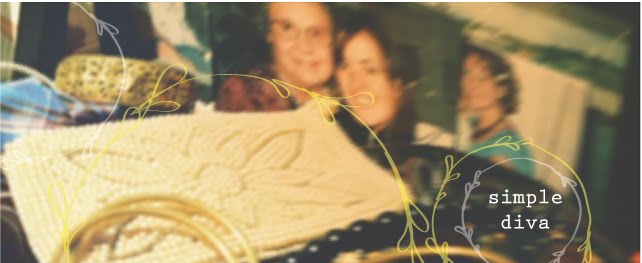The book takes you on a journey from being a 14 year old in pre-civil rights Harlem discovering his sexuality and his awakening to the reality of being black in a system of oppression. After his conversion experience he takes us into the world of a preaching a Christian message he eventually could no longer abide with and almost in passing he mentions leaving the church. Nonetheless, his views on faith and practice are strong and challenging. The social commentary addresses the harsh truth that if the world could allow the Holocaust there is no reason the same atrocity could not be enacted towards the blacks in the U.S. A large portion of this short book deals with one visit with the Honorable Elijah Muhammad. He addresses the debate over God being black and whites being the devil. His final assertion that is that “If we-and now I mean the relatively conscious whites and relatively conscious black, who must, like lovers, insist on, or create, the consciousness of others-do not falter in out duty now, we may be able, handful that we are, to end the racial nightmare, and achieve our country, and change the history of the world. If we do not now dare everything, the fulfillment of that prophecy, re-created in song by a slave, is upon us: God gave Noah the rainbow sign, No more water, the fire next time!”
This book strikes me as a loving warning that the U.S. could not continue to function as it did and I content that 50 years later we still cannot continue in the way we are. It is a challenge to both blacks and whites to be aware that the level of hate and oppression coming from both sides will eventually destroy us both. It also challenges issues that I felt go beyond race but deep into humanity. The way he addresses love and sensuality is beautiful and striking. His challenge of faith and the gospel message is telling, in that to me it speaks of how Christianity has been watered down to being useless in light of injustice.
Below is a collection of some of my favorite quotes. I hope you enjoy them as much as I do.
“Therefore, when I faced a congregation, it began to take all the strength I had not to stammer, not to curse, not to tell them to throw away their Bibles and get off their knees and go home and organize, for example, a rent strike.” (pg 39)
“To be sensual, I think, is to respect and rejoice in the force of life, of life itself, and to be present in all that one does, from the effect of loving to the breaking of bread.” (pg 43)
“Love takes off the masks that we fear we cannot live without and know that we cannot live within. I use the word “love” here not merely in the personal sense but as a state of being, or a state of grace-not in the infantile American sense of being happy but in the tough and universal sense of quest and daring and growth.” (pg 95)
“In short, we, the black and the white, deeply need each other here if we are really to become a nation-if we are really, that is, to achieve our identity, our maturity, as men and women.” (pg 97)
“… people who cannot suffer can never grow up, can never discover who they are.” (pg 98)


No comments:
Post a Comment